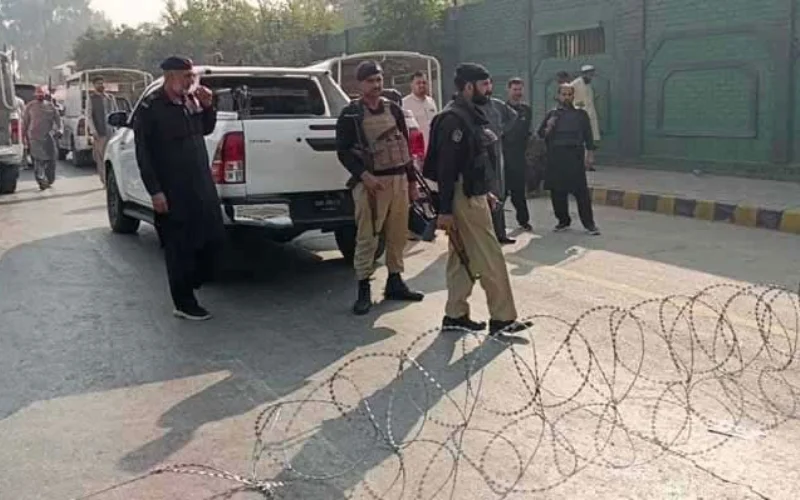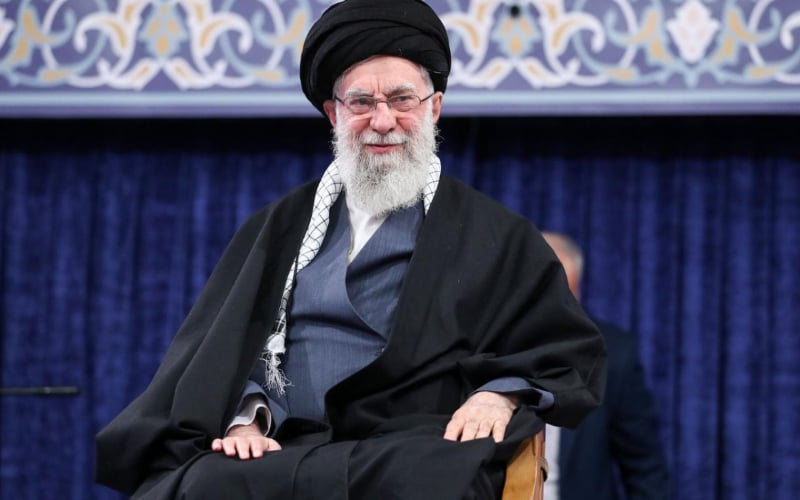Indian military and media circles have pointed fingers at the United States over the crash of the indigenous Tejas fighter jet. Retired Major General G. D. Bakshi and prominent anchor Arnab Goswami have launched a campaign claiming that American interference and delays in engine supply contributed significantly to the accident.
Arnab Goswami asserted that the delayed delivery of the GE-404 engine from the United States created a critical gap in India’s defense readiness.
He alleged that the U.S. government intentionally slowed down the supply of engines intended for the Light Combat Aircraft (LCA) program, perceiving the Tejas as a strategic threat.
Goswami emphasized that the Tejas runs on an engine produced by General Electric, an American company that he claims has historically been unfriendly towards India.
He criticized the delay, stating that the GE-404 engine, for which India paid approximately one billion dollars in cash, should have been delivered two years ago. However, India has reportedly received only two engines to date.
General Bakshi echoed these accusations, claiming India was supposed to receive the GE-404 engines “two years ago”. Only two engines have reportedly been delivered so far and India has paid $1 billion for the new engine batch, he asserted.
Although some Indian media personalities have attempted to shift responsibility abroad, critics both within India and internationally argue that efforts to pin the blame on the United States have not persuaded global observers.
According to these critics, the Tejas crash highlights ongoing structural weaknesses in India’s defense-production ecosystem.
They contend that certain media narratives are being deployed to divert attention from domestic shortcomings, and say that contradictory official and media explanations have undermined India’s credibility.
As a result, they argue, India’s defense establishment is confronting growing trust issues, especially as claims of “foreign sabotage” continue to circulate despite the absence of publicly available evidence.

















